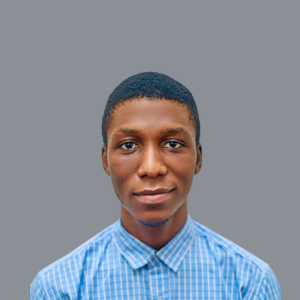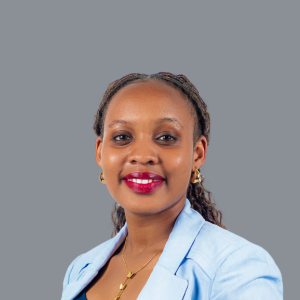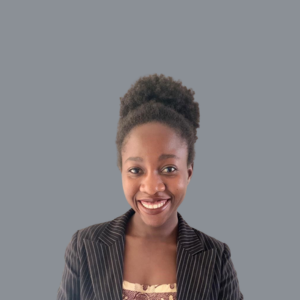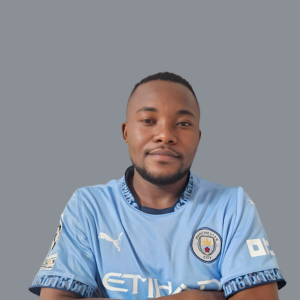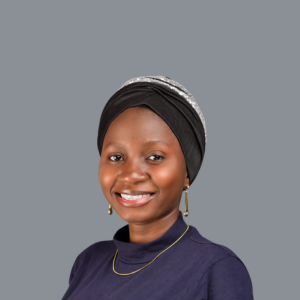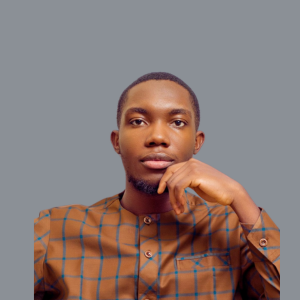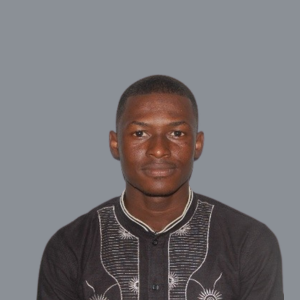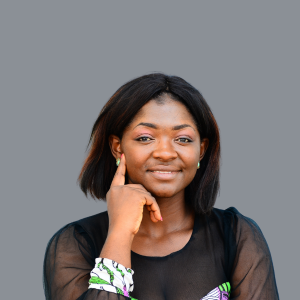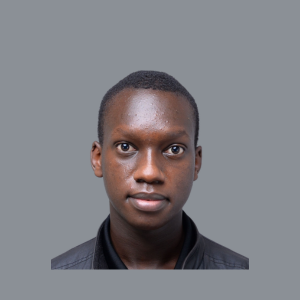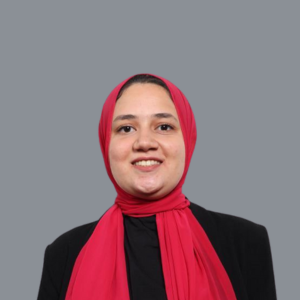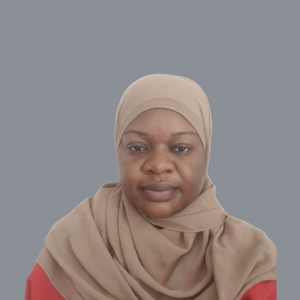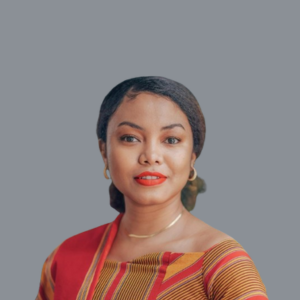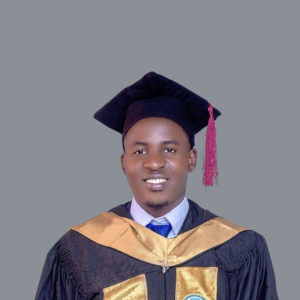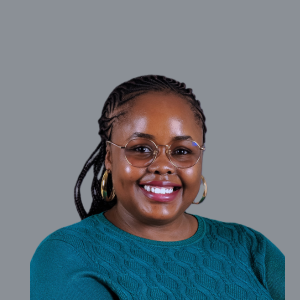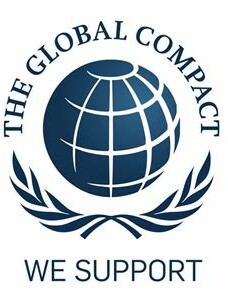About
The Global Citizen Scholarship Program empowers young, active global citizen leaders who are engaged for the SDGs and may otherwise not have access to valuable educational opportunities, networking experiences, and peer-to-peer exchange. The Scholarship includes the opportunity to attend a specialized academic training, join international fora, network with high-level changemakers, attend expert skills trainings and workshops and profit from peer-to-peer exchange specifically through a peer-to-peer mentoring component during the program.
This year, the Ban Ki-moon Centre will select 14 young African global citizen leaders who are passionate about advancing the United Nations Sustainable Development Goals (SDGs). They will be joined by three Management Center Innsbruck students, forming a cohort of 17 changemakers participating in this year‘s scholarship.
Scholars will attend the MCI Summer School on “Entrepreneurship for Sustainable Development” and additional special skills training with other entities and/or individuals. Above this, they will receive peer-to-peer mentoring from former BKMC Scholar Alumni and join the RELX Inspiration Day 2025.
The selected scholars will also be responsible for proposing and implementing their own SDG Micro-Project in their community during the scholarship period (April – December 2025). SDG Micro-Projects are localized projects addressing one or more of the SDGs in a local community and context. Scholars will receive a USD 500 seed grant to support their project and will receive project management training and guidance throughout the project proposal and implementation process.
The application period for 2025 is now closed and the selection process has been completed.
See the 2025 Global Citizen Scholarship Cohort below!
Global Citizen Scholars 2025
Global Citizen Scholars Mentorship Testimonials

David Ewusi Mensah (Ghana)
Joining the Global Citizen Scholarship Program as a mentor was an easy decision for me, especially considering how much the Centre had invested in my growth. My mentee and I established an engaging and impactful relationship during and after the program. Despite our busy schedules, we optimized our meeting time by planning our agenda in advance and utilizing various forms of communication between meetings to tackle outstanding tasks.
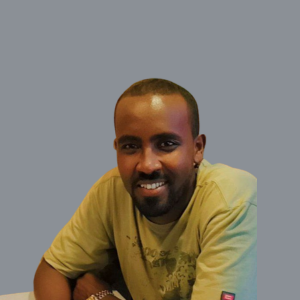
Ketema Birhane Zergaw (Ethiopia)
As a scholar in 2023 and a mentor in 2024, the Ban Ki-moon Global Citizen Scholarship Program has been a transformative journey for me. Witnessing the incredible growth of scholars while mentoring them to implement impactful SDG micro-projects has been deeply rewarding. It’s a privilege to be part of a program fostering global citizenship and sustainable change.
Testimonials by Global Citizen Scholars 2024
on their experiences during the Summer School on “Entrepreneurship for Sustainable Development” by the Management Centre Innsbruck from May 13-17, 2024

Enoch Opare Mintah (Ghana)
It was intriguing to be exposed to some of the contemporary theories that unpinned social enterprise strategy development. However, interpreting and applying these theories to real-life enterprise scenarios was initially challenging, especially with my quest to narrow it down to how it will inform my work in the sustainability and carbon credit market space. To overcome this challenge, my participation in group discussions, case scenarios, exchange of knowledge with and experiences from co-scholars were critical to helping me underscore the interplay between theories and enterprise development. This empowered me to tailor my understanding to my work needs.

Lilian Efobi (Nigeria)
An unexpected thing that surprised me during the MCI Summer School was the idea that loans are better than charity in terms of promoting financial independence among the poor, as stated by Muhammad Yunus on Day 3. This challenged my assumption that charity is always the best approach to helping others. I was moved to ask the facilitator, Desiree, why we revert to charity if loans are more effective, and this sparked a new line of thinking for me about the additional steps we can take beyond charity. Another unexpected delight was learning about the Porter Five Forces Framework on Day 5, which I had previously applied in a case study for my MBA project without fully understanding its context and significance. These unexpected insights and learnings greatly enriched my experience at the Summer School.

Eva Muriithi (Kenya)
Embarking on this Summer School journey has been nothing short of transformative. From initially questioning the role of social entrepreneurship to embracing it as a cornerstone of my impact-driven endeavors, every moment has been a revelation. Guided by luminaries like Regina, Bierwisch, Monreal, and Wieser, I delved into the depths of strategic dissemination, conscious leadership, and the often overlooked nuances of ‘Being, Thinking, and Relating.’ Through engaging breakout sessions and collaborative group work, I forged authentic connections and gleaned invaluable insights. Benjamin’s illuminating lessons on entrepreneurship have equipped me with the tools to navigate the terrain of business planning, product development, and effective pitching to investors. As I reflect on this enriching experience, I’m invigorated to apply these newfound skills and perspectives to catalyze positive change in the world.

Olayinka Adeosun (Nigeria)
The session with Desiree Wieser on business models and CSR was really insightful. We dove into different sustainable business models and the SIN framework, which I found incredibly helpful. To put these concepts into practice, we were given a project, working on a Nuru Energy canvas. This was a great way to see how everything comes together. What I also enjoyed was the group collaboration. Working with others allowed us to share ideas and perspectives effectively. It was interesting to hear different approaches from other groups as well.

Rehana Yakubu (Ghana)
Through the academic training provided at MCI Summer School, I learned a lot about concepts of entrepreneurship for sustainable development, idea validation, business plans and product development. However, I especially took lessons away in relationship building, caring for others and the planet, appreciation, connectedness, humility, empathy and compassion, as well as overcoming separation from oneself, others and the world. The MCI Summer School also helped me to improve my collaboration skills, including my social and communication skills, develop a more inclusive mindset, and strengthen my mobilization skills. Furthermore, I gained a better understanding about conscious leadership. These skills and values will help me with my own SDG Micro Project, allowing me to build strong partnerships, communicate effectively, and lead with empathy as well as inclusivity to achieve sustainable and impactful results.

Maluyane Titus Abongdoh (Cameroon)
The MCI Summer School experience was excellent in both, enhancing learning and fostering connections among scholars. The lecturers were notably open, friendly and helpful. Their approachable nature created a safe space for us to exchange ideas and engage in constructive discussions. This supportive environment was crucial for meaningful interactions and learning. Group work was a significant part of the program, allowing us to collaborate closely and get to know each other better. These collaborative activities encouraged teamwork and mutual support, helping us understand each other’s perspectives and backgrounds. Overall, the MCI Summer School was a positive and enriching experience. The combination of supportive lecturers, a safe learning environment, and collaborative group work made it both educationally and personally rewarding.
Framework
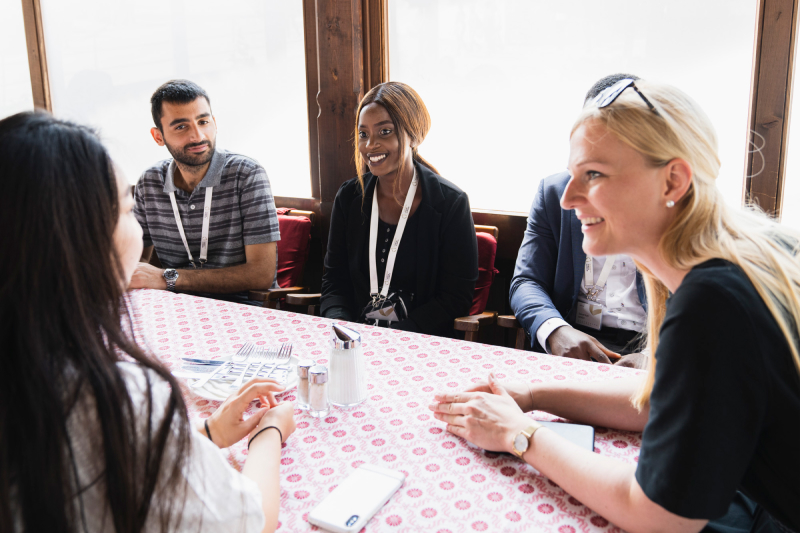
Tailor-made short-term academic trainings
Scholars are supported to take part in specialized, tailor-made academic trainings focused on different themes. These trainings allow scholars to gain useful knowledge and skills and to benefit from peer-to-peer exchange.
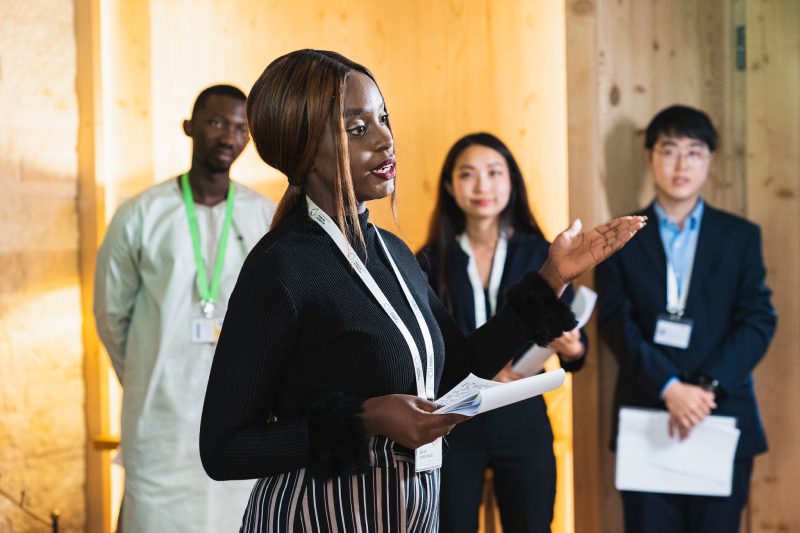
Development of an SDG micro-project
When applying, scholars submit a proposal for an “SDG Micro-Project” to be carried-out with the support of the Ban Ki-moon Centre. These projects address one or more of the SDGs and seek to contribute to meeting challenges in the scholars’ communities and/or regions. Scholars present their projects to an expert panel and submit a project report at the end of the implementation period.
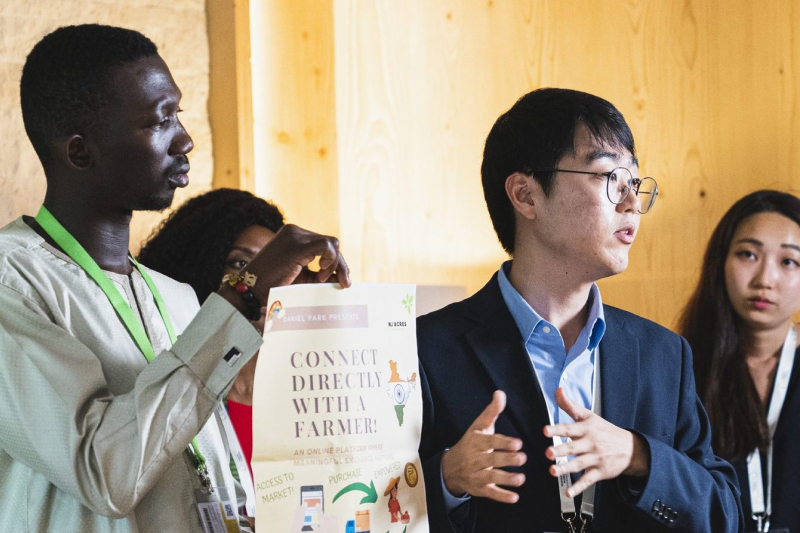
Mentoring and workshops
Scholars are paired with a mentor who can support them during their SDG Micro-Project development. Furthermore, the Ban Ki-moon Centre provides workshops and incentive speakers during regular virtual meetings with the scholars.
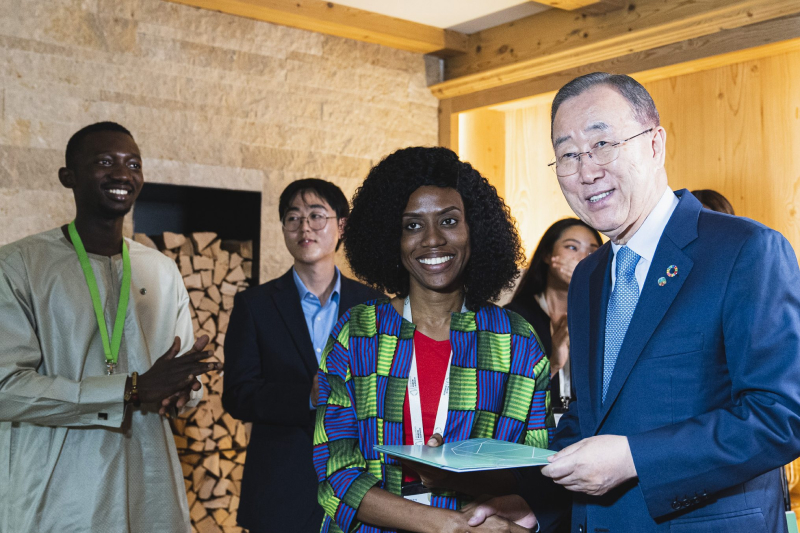
Certificate of achievement and alumni network membership
After the successful completion of the SDG Micro-Project, scholars are awarded with a Certificate of Achievement signed by the Co-chairs of the Ban Ki-moon Centre. Additionally, scholars become a part of the Alumni Network of the Centre.
Our partners
RELX is a global provider of information-based analytics and decision tools for professional and business customers. RELX serves customers in more than 180 countries and has offices in about 40 countries. It employs more than 33,000 people over 40% of whom are in North America. The RELX SDG Resource Centre has been at the centre of a partnership with the Ban Ki-moon Centre for Global Citizens to support young African entrepreneurs working on SDG micro-projects.

The MCI links together the best out of science, economy and consulting to the unique concept of an international Entrepreneurial University of Applied Sciences providing the platform for numerous academia-business activities including start-ups, executive education, summer & winter schools, study abroad programs, international conferences and more. It stands for internationality, academic quality, practice orientation, innovation, close cooperation with industry, solution-oriented research and development, first-class infrastructure, a high level of customer and service orientation, and international renown.
Our alumni
David Marigi
Mahlet Sebsibe Haile
Gheida Al-Mashery
Rehana Yakubu
Fiona Machharia
Eva Murithi
Ebune Jacques
Enoch Opare Mintah
Ifeoluwa Ayeni
Lilian Olivia Orero
Olayinka Adeosun
Christiana Onoja
Aftahana Dahiru Sarina
Solomen Alem
Maluyane Titus Abongdoh
Kabelo Kgodane
Ketema Zergaw
Kohtem Princewil Sambit
Lydia Madintin Konlan
Komlan Abalo Braly
Gloria Magut
Winifred Maduko
Qudus Oladeji
Peter Junior Njovu
Mededode Monique Sognigbe
Aimé Ludovic Sawadogo
Che Myra Ndum
Clarisse Iradukunda
Joseph Philip Umaru
Lamek Nyabuga
Sharon Anyango Onyango
Emmanuel Hanyabui
Anna Saakwor Batsa
Dula Alemu Dinku
Esmael Seid Yimer
Emmanuel Komla Dzisi
Joseph Takyi Odoom
Khaoula Yasyn
Netsanet Muluneh Gebreyohannes
Dorcas Moraa Nyamanya
Shalom Abebaw Bekele
Girma Senbetie Asefawu
Esther Wanza
Manasiti Omar
David Ewusi-Mensah
Benedicta Apuamah
Kayla De Leon
Mercy Waweru
Gillian Ndlovu
Fenosoa Ramiaramanana
Munji Tahirih Kengne
Eedee-Bari Bawoh
David Aluga
Salisu Abdullahi
Bessy Thuranira
Ruvimbo Samanga
Tafadzwa Sachikonye
Barbara Nakijoba
Oduor Kevin Otieno
Akosoa Pepra
Hikmat Baba Dua
Belinda Isimbi Uwase
Samuel Kofi Afadu
Oyindamola Adegboye
Salahaldeen Alazaizeh
Sungyeon Park
Eun Ji Park
Alhassan Baba Muniru
Mohammad Almishlawi
Loan Vuong
Juliana al Massri
